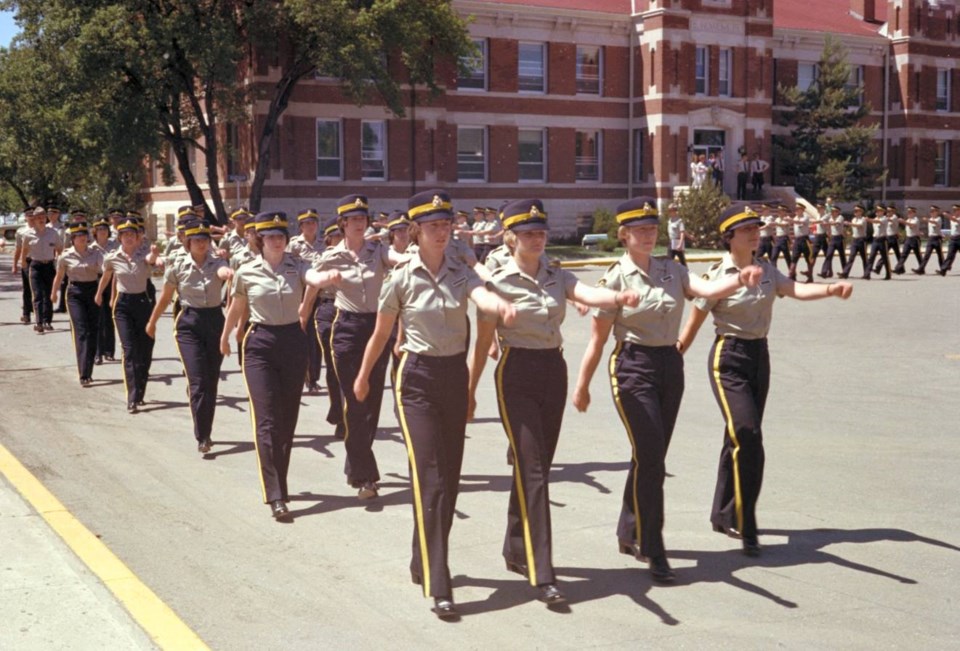The RCMP is now accepting applications for its 2019 Troop 17 Scholarship, which recognizes post-secondary students who’ve made a significant effort to prevent bullying and harassment.
The scholarships kicked off last year in honour of the first troop of women to attend the RCMP Academy in Regina, Saskatchewan, and be hired as regular members of the RCMP.
The women of Troop 17 pushed through the challenges that come with working in a male-dominated career and paved the way for many others who followed in their footsteps.
One of the women, Beverley Busson, received many honours for her service within the RCMP and, in 2006, became the first woman to serve as RCMP Commissioner.
"The Troop 17 Scholarship is one of the initiatives the RCMP has implemented to help promote inclusion and diversity and fight harassment,” said RCMP Commissioner Brenda Lucki.
“We're proud to help young Canadians reach their academic goals while encouraging them to make positive change in their communities."
This scholarship will award up to five, $1,000 scholarships annually to college or university students across Canada.
The deadline to apply is March 31. The recipients will be announced Sept. 30. For more information, go online to RCMP-grc.gc.ca/en/troop-17-scholarship.
The creation of the Troop 17 Scholarship was part of the Merlo-Davidson settlement agreement and is one of the many initiatives the RCMP is implementing to help support the elimination of harassment from our schools, communities, and workplaces.
To be considered for the scholarship, all applicants must:
Be a Canadian citizen or permanent resident who has reached the age of majority in their province/territory of residence;
Be enrolled in a full-time accredited Canadian college or university;
Demonstrate they have made significant efforts in preventing bullying and harassment in their schools and/or communities; and
Explain how they continue to promote anti-harassment principles in their schools and/or communities.



